How could such a catastrophe happen to Germany - who failed?
As the number of victims in the catastrophic floods in Germany and Belgium grows, one important question arises - how could such a catastrophe have happened?
Saturday, 17.07.2021.
21:04
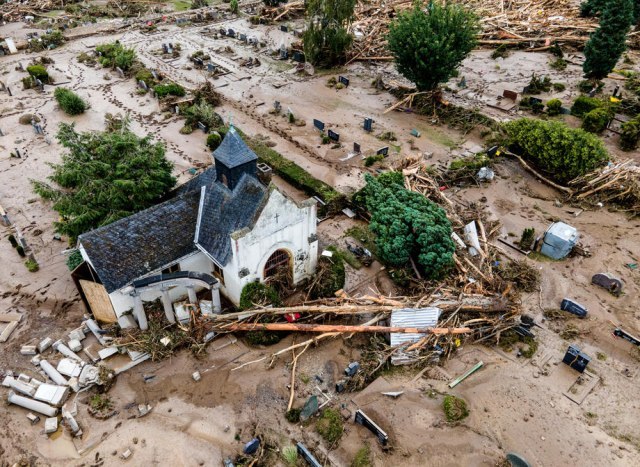
How could such a catastrophe happen to Germany - who failed?
The floods followed record amounts of rain that fell in parts of Western Europe.Professor Hannah Cloke, a hydrologist who set up and now advises the European Flood Awareness System (an EU program designed to provide early warnings of dangerous floods) said alerts were sent to authorities in Europe over the weekend.
"There were alerts going out... saying there's some very serious rain and floods coming: be aware. It's then for the national authorities to take that information and go with it," she told the BBC.
But Cloke says that there were "also places where those warnings did not get through to the people and they did not know it was going to happen".
An early warning system was established after the catastrophic floods in Europe in 2002, with the aim of preventing such a catastrophe from happening again.
"This death toll is simply unacceptable"
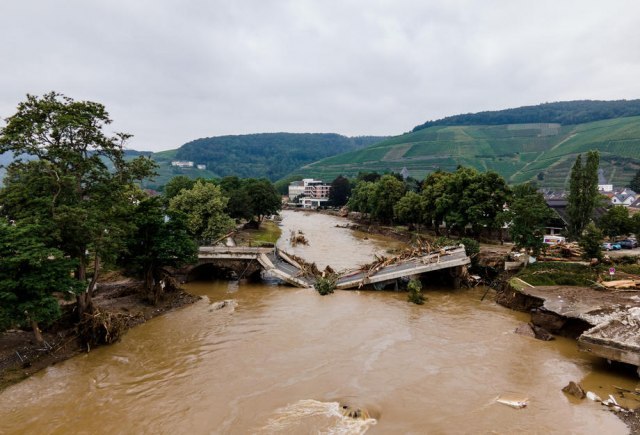
"We should not be seeing this number of deaths from floods in 2021. It's just unacceptable. There's something going wrong with the system", she says. Structures in place for flood forecasting and warning differ across European countries.
Professor Cloke says Germany has a "fragmented" system involving many different authorities in different states, resulting in varying responses to the crisis.
Andreas Friedrich, a spokesman for the German meteorological service, says that they issued warnings of extreme rains. He said it was not up to them to determine the risk of flooding, call on people to evacuate or take any other measures.
"People didn't know how to behave, they walked through the water"
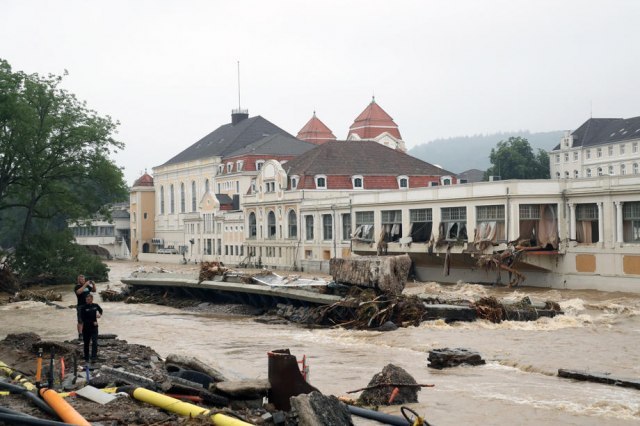
The environment ministry in Rhineland-Palatinate - one of Germany's worst affected states - says flood warnings are done for major rivers, but that information for tributaries and smaller rivers is not as detailed, so floods cannot always be prevented.
Professor Cloke said there were places where people did not know the floods were coming, or did not know how to respond to protect themselves and their homes.
"They were putting themselves at risk, they were walking through the floodwater," she explained.
"There is an urgent need to educate people about flood risks"
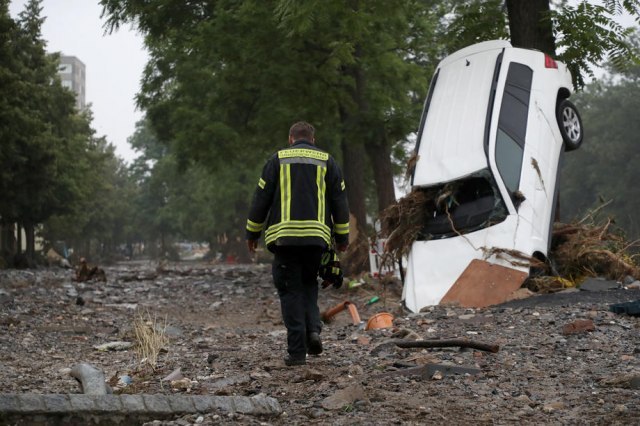
"I don't think people are really aware that bad weather can actually be deadly," she said.
"The fact that so many soils are sealed also leads to more dramatic impacts than would be the case if the water could go somewhere," she added.
Pensioner Annemarie Mueller, 65, told AFP news agency that the town of Mayen had been completely unprepared for the destruction.
"Where did all this rain come from? It's crazy. The floodwater made such a loud noise, and given how fast it came down, we thought it would break the door down," she recalled.
Cloke said forecasters and authorities needed to do better at getting a message across about the risks of impending floods.
"Climate is changing, storms like this will be more frequent"
Interior Minister Horst Seehofer said that Germany must prepare much better in the future, adding that these floods are the result of climate change.Many factors contribute to the floods, but global warming caused by climate change increases the likelihood of extreme rains.
The world has already warmed by about 1.2 degrees Celsius since the industrial era began and temperatures will keep rising unless governments around the world take strong steps to reduce greenhouse gas emissions.
"The nature of the storm, the fact that it was extreme, that it had a lot of moisture in it, there was a lot of rainfall, it was slow moving - we have evidence that these types of storms are going to be more likely," Professor Cloke said.
"This is one of those things that you expect to see under a changing climate", she concluded.

















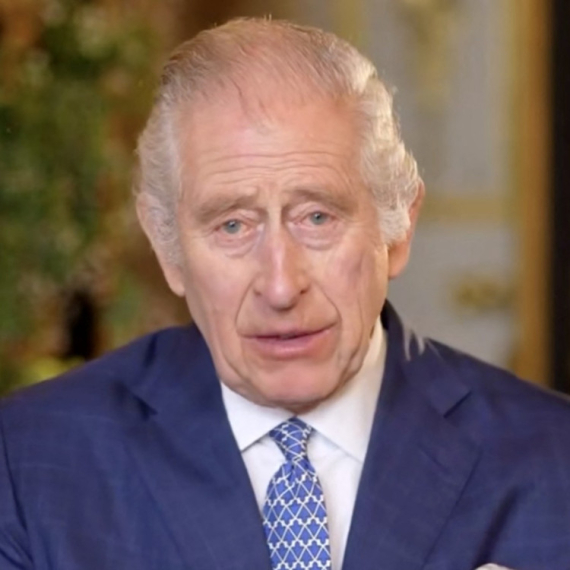
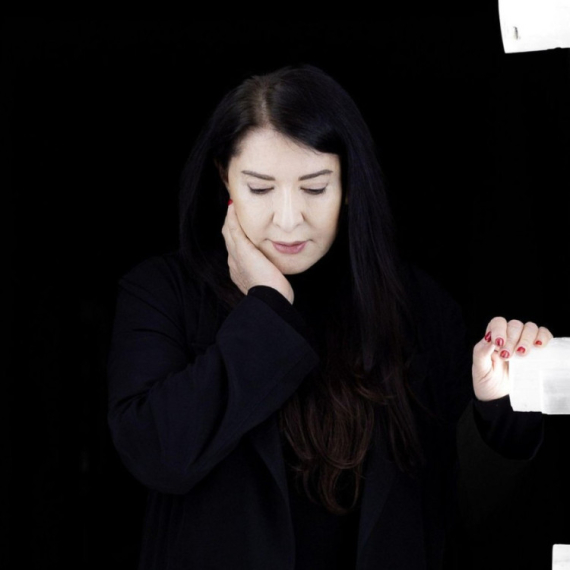



















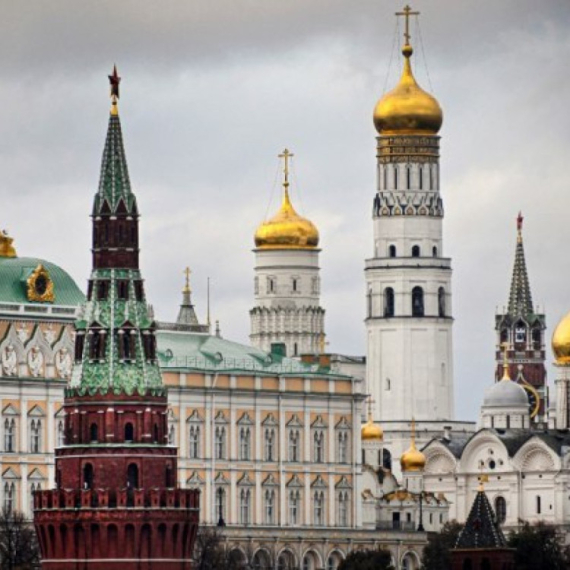





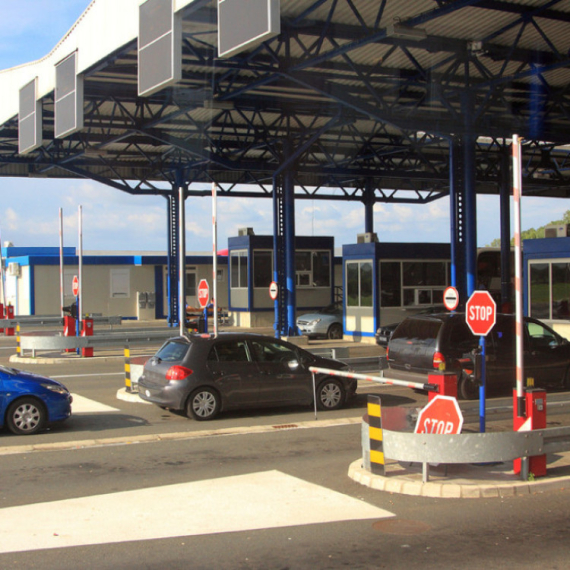





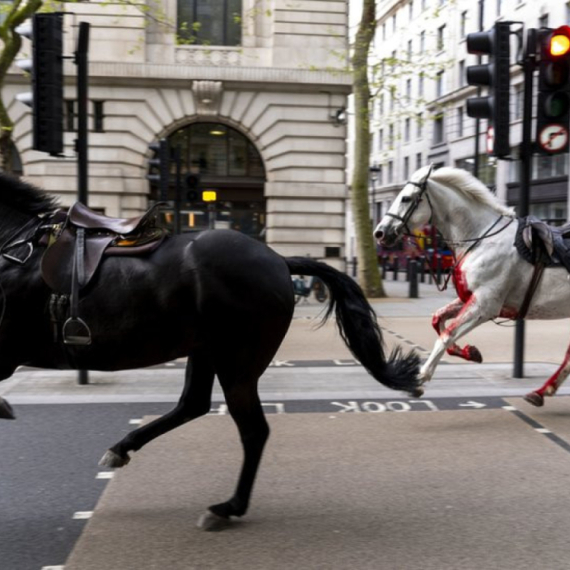
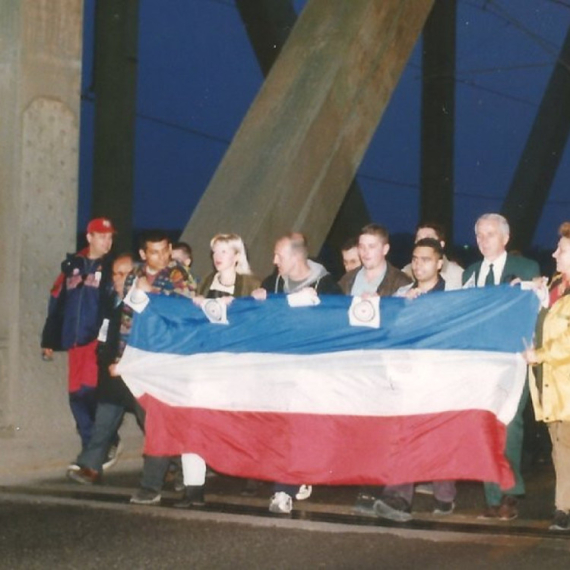
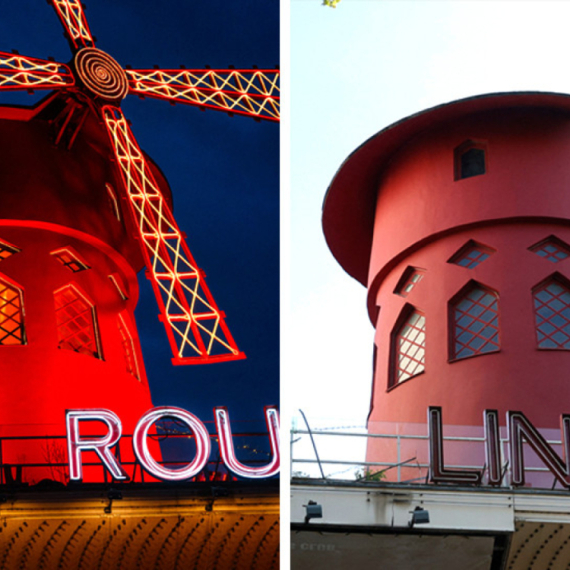


Komentari 2
Pogledaj komentare